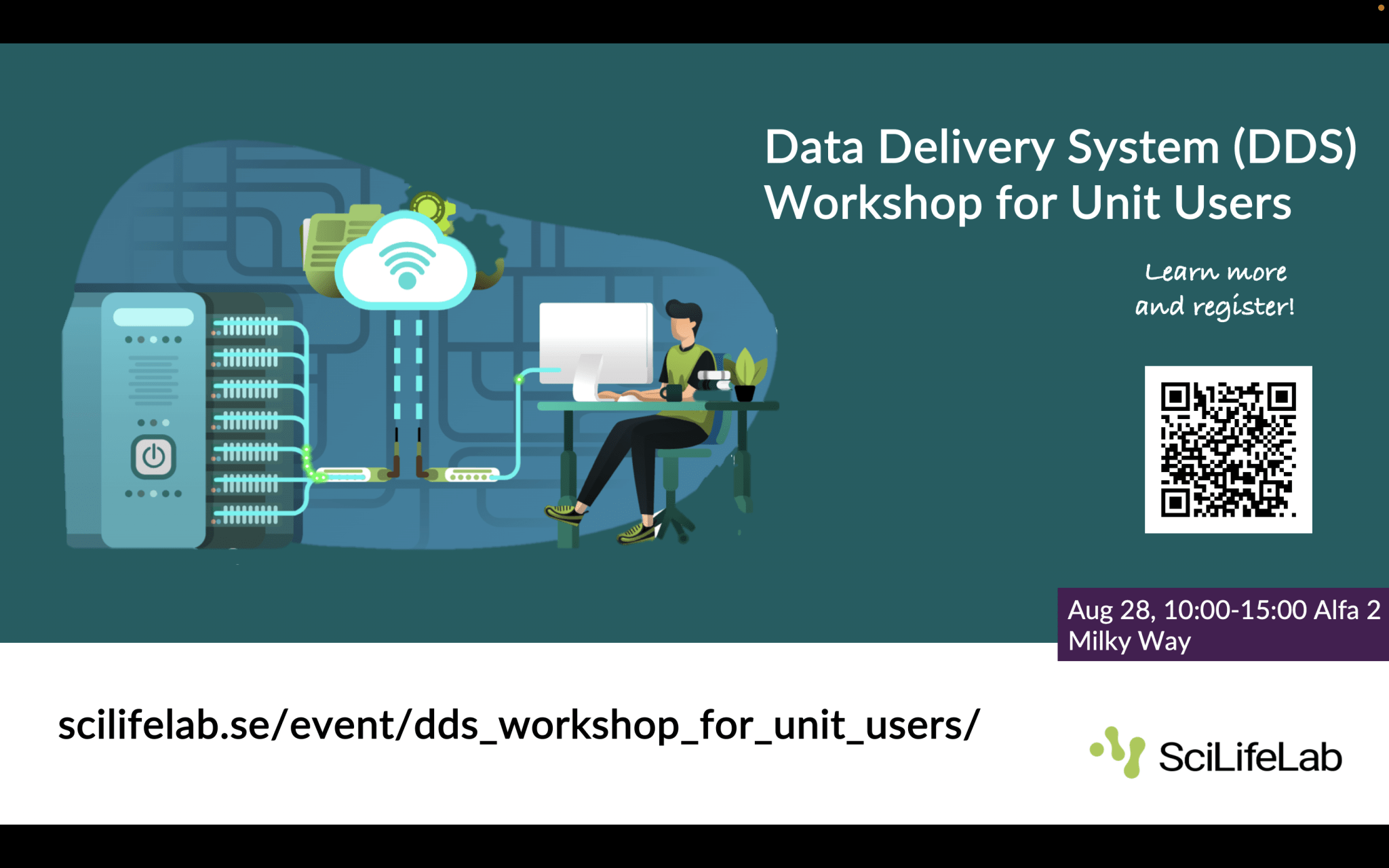Introduction to bioinformatics using NGS data (Online)
May 17 @ 08:00 – May 21 @ 17:00 CEST
National workshop for PhD students, postdocs, researchers and other employees within Swedish academia.
This workshop is run by the National Bioinformatics Infrastructure Sweden(NBIS) and National Genomics Infrastructure (NGI).
Due to the Covid-19 situation, this workshop will be held online.
If you have questions regarding the workshop, please email: edu.intro-ngs@nbis.se
Important dates
- Application opens: February 01, 2021
- Application closes: April 11, 2021
- Confirmation to accepted students: April 16, 2021
Responsible teachers: Malin Larsson, Martin Dahlö, Roy Francis
Course fee
This online training event has no fee. However, if you accept a position at the workshop and do not participate (no-show) you will be invoiced a 2000 SEK workshop fee*
*Please note that NBIS cannot invoice individuals
Course content
This intense one-week workshop provides an introduction to the analysis of next generation sequencing data. Lectures on the theory of concepts will be paired with practical computational exercises in the Linux environment. The practical exercises will focus on data from the Illumina platform, but we will discuss other sequencing platforms and the advantages and challenges to using their data during the lectures.
After this workshop you should be able to:
- Describe the basic principles of next generation sequencing.
- Use the Linux command line interface to manage simple file processing operations, and organize directory structures.
- Connect to and work on a remote high performance compute cluster.
- Apply programs in Linux for analysis of NGS data.
- Summarise the applications of current NGS technologies, including the weakness and strengths of the approaches and when it is appropriate to use which one of them.
- Explain common NGS file formats.
- Interpret quality control of NGS reads.
- Explain the steps involved in variant calling using whole genome sequencing data.
- Independently perform a basic variant calling workflow on example data.
- Explain the steps involved in differential gene expression using RNA seq data.
- Independently perform differential gene expression analysis on example data.
Entry requirements
A background in genetics, cell biology, biomedicine, biochemistry, bioinformatics or comparable is desirable. To get the maximum benefit from the workshop we would like you to
- Have relevant previous experience in sequencing or analysis.
- Have a research project where you are currently using next generation sequencing or are planning to use next generation sequencing.
- It is beneficial if you are directly performing analyses or if you have a support role and will be able to participate in a wide range of projects and transfer your knowledge to others.
Selection criteria include correct entry requirements, motivation to attend the workshop as well as gender and geographical balance.

